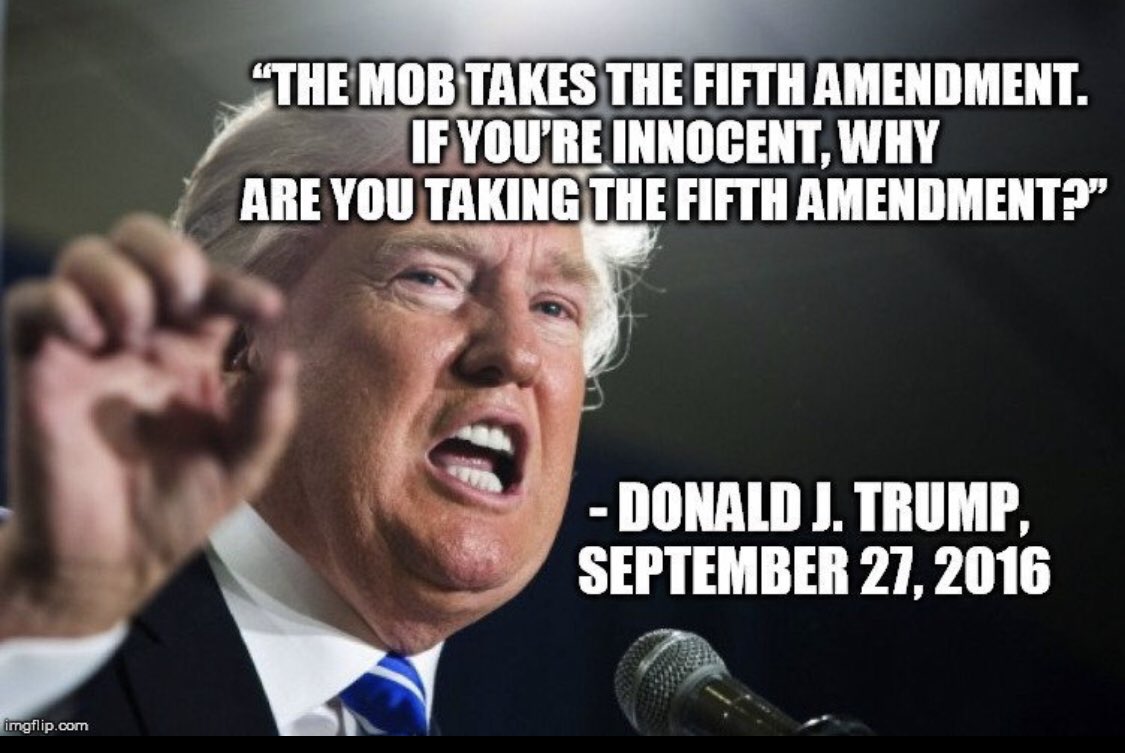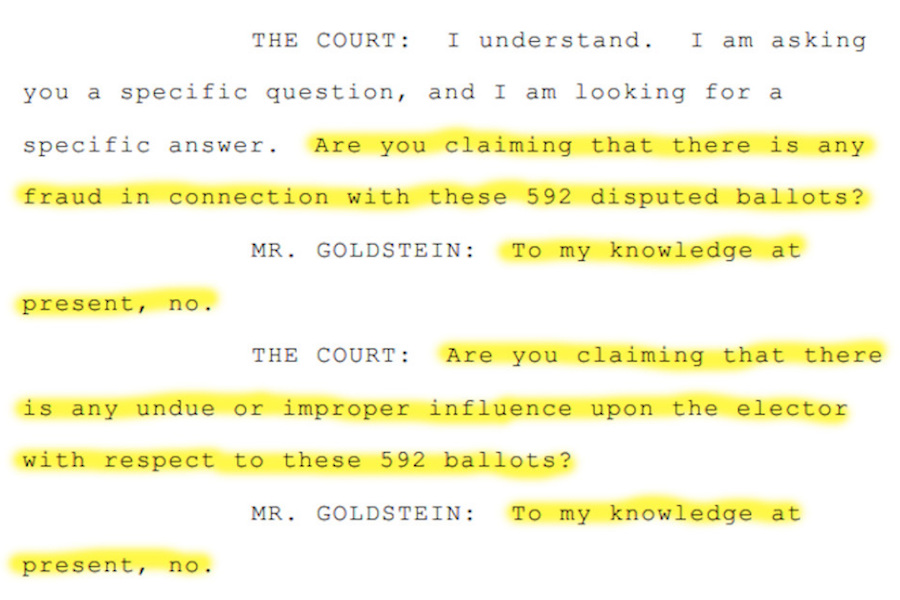FDIC Law, Regulations, Related Acts
§ 1341. Frauds and swindles.
Whoever, having devised or intending to devise any scheme or artifice to defraud, or for obtaining money or property by means of false or fraudulent pretenses, representations, or promises, or to sell, dispose of, loan, exchange, alter, give away, distribute, supply, or furnish or procure for unlawful use any counterfeit or spurious coin, obligation, security, or other article, or anything represented to be or intimated or held out to be such counterfeit or spurious article, for the purpose of executing such scheme or artifice or attempting so to do, places in any post office or authorized depository for mail matter, any matter or thing whatever to be sent or delivered by the Postal Service, or deposits or causes to be deposited any matter or thing whatever to be sent or delivered by any private or commercial interstate carrier, or takes or receives therefrom, any such matter or thing, or knowingly causes to be delivered by mail or such carrier according to the direction thereon, or at the place at which it is directed to be delivered by the person to whom it is addressed, any such matter or thing, shall be fined under this title or imprisoned not more than 20 years, or both. If the violation occurs in relation to, or involving any benefit authorized, transported, transmitted, transferred, disbursed, or paid in connection with, a presidentially declared major disaster or emergency (as those terms are defined in section 102 of the Robert T. Stafford Disaster Relief and Emergency Assistance Act (42 U.S.C. 5122)), or affects a financial institution, such person shall be fined not more than $1,000,000 or imprisoned not more than 30 years, or both.
[Codified to 18 U.S.C. 1341]
FDIC Law, Regulations, Related Acts - Miscellaneous Statutes and Regulations
18 U.S. Code § 1344 - Bank fraud
Whoever knowingly executes, or attempts to execute, a scheme or artifice—
(1)
to defraud a financial institution; or
(2)
to obtain any of the moneys, funds, credits, assets, securities, or other property owned by, or under the custody or control of, a financial institution, by means of false or fraudulent pretenses, representations, or promises;
shall be fined not more than $1,000,000 or imprisoned not more than 30 years, or both.
(Added
Pub. L. 98–473, title II, § 1108(a), Oct. 12, 1984,
98 Stat. 2147; amended
Pub. L. 101–73, title IX, § 961(k), Aug. 9, 1989,
103 Stat. 500;
Pub. L. 101–647, title XXV, § 2504(j), Nov. 29, 1990,
104 Stat. 4861.)
18 U.S. Code § 1344 - Bank fraud
Insurance fraud
Primary tabs
insurance fraud: an overview
Insurance fraud refers to any duplicitous act performed with the intent to obtain an improper payment from an insurer. The pervasiveness of insurance fraud drives up costs for all consumers and costs the insurance industry billions of dollars each year. One authority estimates that the annual value of insurance fraud approaches $80 billion. Detecting insurance fraud is difficult because of the surreptitious nature by which the criminal perpetrates the fraud.
Police and prosecutors typically refer to an insurance fraud scheme as either “hard fraud” or “soft fraud.” Hard fraud, the rarer of the two forms, occurs when a criminal deliberately brings about the destruction of property for the purpose of collecting on the insurance policy. Soft fraud, on the other hand, occurs when a policyholder exaggerates an otherwise legitimate claim or when an individual applies for an insurance policy and lies about certain conditions or circumstances to lower the policy’s premium.
One common form of insurance fraud occurs when the insurance policy amounts to a greater value than the value of the insured property. In this situation the policy-owner has the incentive to commit insurance fraud by destroying the property and making it look like an accident in order to collect. In 2006, authorities estimate that fraudsters swindled insurance companies out of $766 million in this manner.
Insurance fraud




